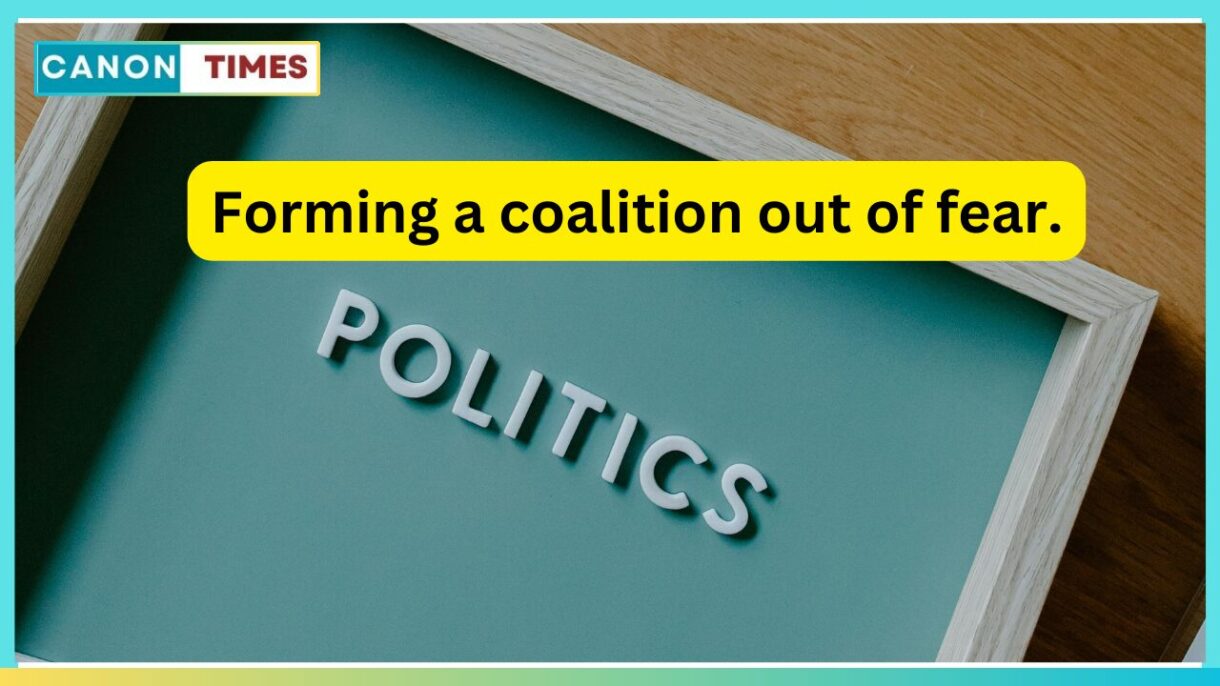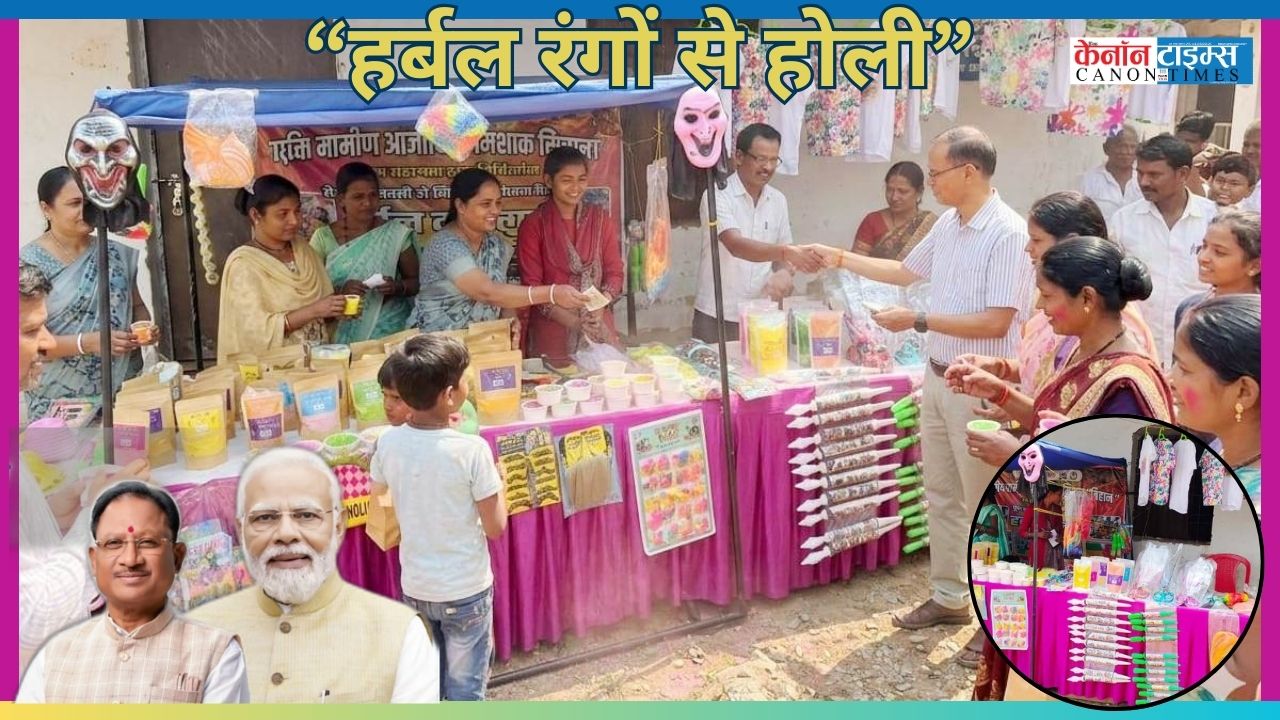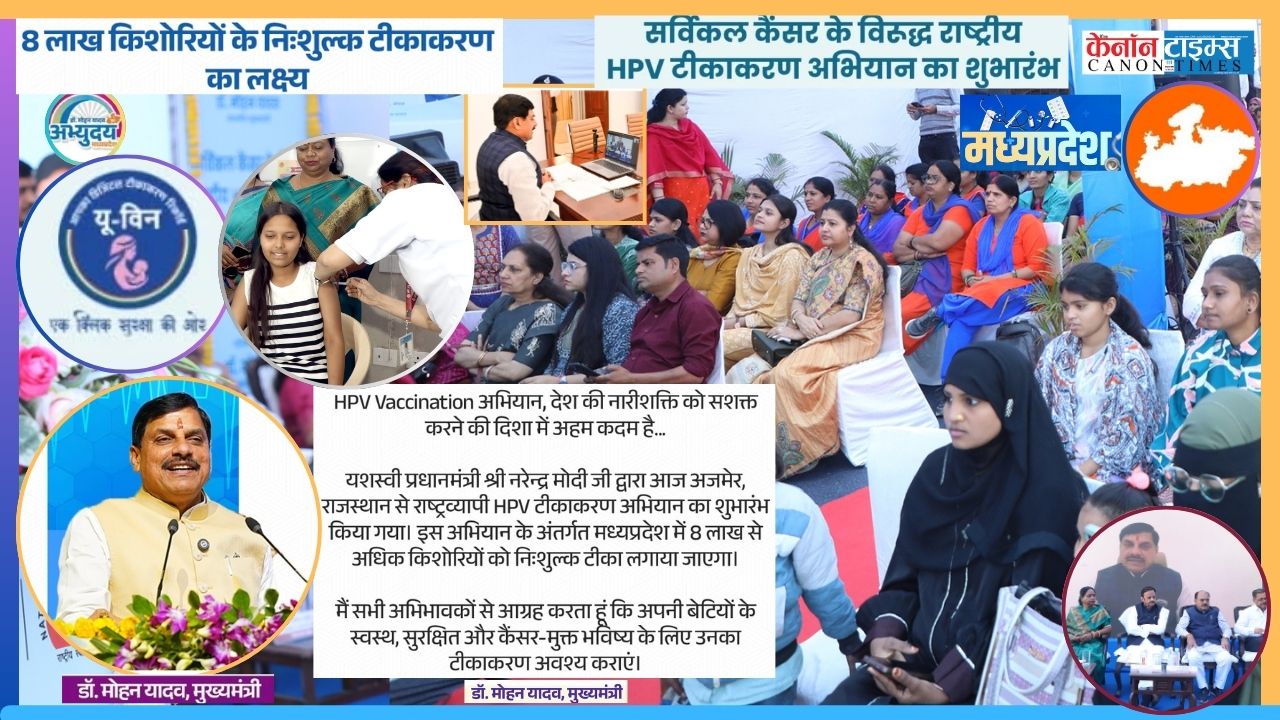A few weeks after the first enthusiasm of 26 parties uniting under the Indian National Developmental Inclusive Alliance (I.N.D.I.A.) in Patna, followed by meetings in Mumbai, Bengaluru, and Delhi, came the sobering truth. With a shockwave, West Bengal top Minister and top representative for the Trinamool Congress said that seat-sharing was out of the question in her State and that she would be going it alone in Bengal. Any partnership with the Congress party was out of the question for Punjab’s ruling Aam Admi Party. The Samajwadi Party, the principal opposition party in Uttar Pradesh, hesitated and irritated the Congress by acting arrogantly and refused to give the SP even a single seat in the adjoining state of Madhya Pradesh during the Assembly election. It was now the SP’s turn to repay the favour, which caused the Congress to become anxious about the alliance in the UP. In the interim, JD(U)’s Nitish Kumar, the chief minister of Bihar and president, had been the driving force behind the dotted coalition. However, one beautiful morning, he struck its leaders in the solar plexus and returned to the NDA, establishing government with the BJP. Additional setbacks for the Congress party were the departure of prominent and less prominent members and their BJP membership. The migration was in one direction—that of the BJP. The most well-known of them was Ashok Chavan, the former chief minister of Maharashtra. Though there has been no end to rumours regarding former MP Chief Minister Kamal Nath, it is said that the BJP’s MP branch is overflowing with former Congress politicians. Rahul Gandhi’s Yatra 2.0, however, did not provide the much-needed boost for the Congress. The Gandhi dynast repeated his customary linguistic gaffes despite a lacklustre reception. Meanwhile, the much-publicized dedication ceremony of the Ram temple in Ayodhya provided a major boost to the BJP’s intense campaign. Together, these incidents strengthened the BJP’s argument that it will win 400 seats in the upcoming legislative election—370 for itself and 30 for allies. In this context, the opposition parties hastily took up the difficult task of seat-sharing once more. In Uttar Pradesh, Akhilesh Yadav gave away 17 of the 80 seats to the Congress due to the enthusiasm around the temple. Perhaps as a thank you for the generous gift it received in Uttar Pradesh, where it no longer has much or any influence, the Congress will grant the SP one or two seats in MP. The AAP leader and Chief Minister Arvind Kejriwal in Delhi decided that the Congress will run for three of the seven seats in the national capital. Kejriwal was under investigation by the Enforcement Directorate for stealing a substantial amount of liquor excise. In exchange, the Congress, which was being reprimanded and saw its standing decline every other day, decided to give the AAP two seats in Gujarat and one out of 10 in Haryana.
The Congress Party was obliged to accept its much diminished circumstances as the intimidating prospect of a third term for Modi compelled the arrogant leaders of the dotted coalition to become a little more grounded. Since its popularity among voters has drastically decreased, it can no longer be considered the political titan. In the upcoming day, parties in the dotted alliance in Maharashtra, Bihar, Jharkhand, etc., are likely to resolve seat-sharing without more squabbling and accusations as the reality sets in. There is pressure on the opposition alliance to put aside their differences and attempt to present a united front to voters against the monolithic BJP, which is determined to cement its hold on power through highly visible infrastructure development and a range of welfare programmes that directly benefit the populace without the need for third parties to mediate. The poll notification is anticipated to be released within the next two weeks or so. Even if it’s early, the opposition is still a long way from uniting around a solid platform that the public can assess and decide whether to accept or reject. You cannot, however, blame the voter for his cynicism over the Congress’s acrimonious battle with the AAP in Punjab and their collaboration in Delhi. These “friendly” arguments are usually signs of an early split during the election or subsequently, especially if neither party wins. As famously said by Indira Gandhi, “two zeros” will always stay zeros. In order to prevent Modi’s BJP from winning a landslide in the upcoming Lok Sabha election, the opposition parties must form an intellectual unity rather than an opportunistic seat-sharing alliance.
Abhishek Verma
Author: This news is edited by: Abhishek Verma, (Editor, CANON TIMES)
Authentic news.






